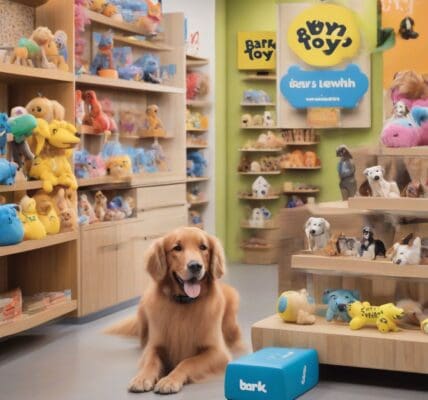GitHub has recently announced the launch of multi-model support for its Copilot platform, significantly changing how developers interact with AI tools in their workflows. This upgrade allows developers to choose from different AI models created by well-known organizations including Anthropic, Google, and OpenAI, enhancing flexibility and accuracy in coding tasks.
The newly introduced multi-model feature enables developers to switch between various AI models tailored for coding tasks. The available options include Anthropic’s Claude 3.5 Sonnet, Google’s Gemini 1.5 Pro, and OpenAI’s GPT-4o variants. This capability allows developers greater autonomy in selecting the most appropriate model for their specific coding needs, ensuring a more streamlined and efficient workflow. While the default model remains powerful for a wide range of applications, users can customize their experience based on their unique requirements.
This innovative step is part of GitHub’s broader strategy to cater to a diverse developer community. Thomas Dohmke, CEO of GitHub, emphasized the necessity of providing multiple choices, stating, “There is no one model to rule every scenario, and developers expect the agency to build with the models that work best for them.” This ethos aligns with the growing recognition that different programming tasks may require different AI approaches for optimal results.
In practice, this means that developers can leverage Claude 3.5’s capabilities for nuanced coding challenges today, while they will soon have access to Google’s Gemini 1.5 Pro in upcoming weeks. The plan is to integrate these varied model options across more functionalities within the GitHub platform in the future. For developers, this means more opportunities for tailored support during the development process, giving them the freedom to select the best-suited AI for their tasks.
In addition to the multi-model functionality, GitHub has introduced GitHub Spark, an innovative AI-native tool enabling users to create custom web applications using natural language. This tool targets individuals who may lack significant coding backgrounds, allowing them to design fully functional web applications by articulating their needs in plain language. By lowering the barrier to entry for development, GitHub aims to expand its user base and democratize access to coding capabilities.
Jared Kaplan, Co-Founder and Chief Scientist at Anthropic, described Claude 3.5 Sonnet as being particularly adept at tackling complex programming challenges. He stated, “We’re integrating Claude 3.5 Sonnet with GitHub Copilot to further our ongoing efforts to put our most advanced AI capabilities directly into developers’ hands.” This sentiment highlights a growing understanding among AI developers that successful tool integration relies not only on advanced technology but also on its accessibility and usability.
The collaboration with industry giants such as Google also showcases GitHub’s commitment to providing trusted, enterprise-grade AI solutions to millions of developers globally. Thomas Kurian, CEO of Google Cloud, affirmed this commitment, indicating that developers increasingly desire a variety of models optimized for tasks like code generation and refactoring. The introduction of Gemini models into broadly used environments, including GitHub Copilot, exemplifies this trend, promising significant utility for the developer community.
Beyond the introduction of multi-model options, GitHub is set to enhance its platform with various new features designed to improve overall developer experience. Additional updates include enhancements to GitHub Copilot integrated within Visual Studio Code, the introduction of Copilot Workspace, GitHub Models, and the new Copilot Autofix feature. These innovations collectively aim to infuse AI capabilities across the platform’s full spectrum, directly addressing developers’ challenges related to issue tracking, pull requests, and overall project management.
As AI continues to reshape the landscape of software development, GitHub’s responsive approach to integrating various models demonstrates a keen understanding of the diverse needs of developers today. By acknowledging that one size does not fit all, GitHub positions itself and its users to benefit from a more nuanced, tailored approach to AI-driven development.
In summary, GitHub’s multi-model support for Copilot marks a significant advancement in the digital landscape of software development. With offerings from Anthropic, Google, and OpenAI, developers are now empowered to choose AI that best fits their coding tasks. As tools like GitHub Spark open doors for non-coders, the platform’s evolution reflects a broader trend towards inclusive, versatile, and user-friendly technology solutions in software development.












